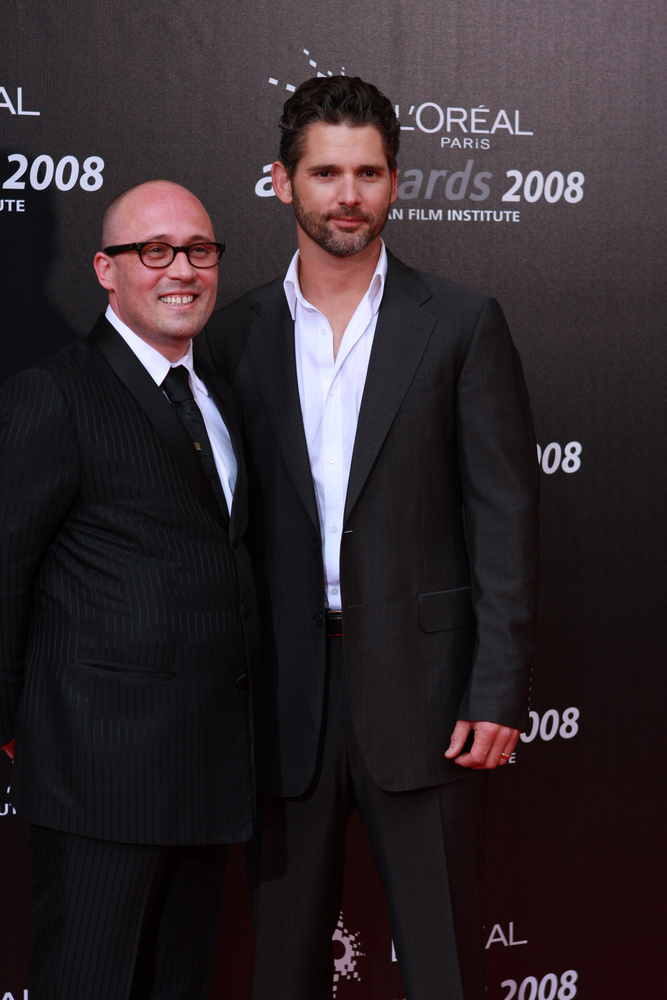

Year 11 English Units 1 and 2
Overview
In Unit 1, Reading and exploring texts, you will watch and study a film with the focus of creating a personal connection with the text. You will then write a personal response to the text.
In Unit 1, Crafting texts, you will study various text types including blogs, short stories, memoirs and speeches. You will then experiment with different types of writing and produce two carefully drafted and crafted pieces of writing.
In Unit 2, Reading and exploring texts, you will read a novel and investigate the ideas, concerns and tensions of the novel. You will write an analytical response to the set text.
In Unit 2, Exploring argument, you will consider the way arguments are developed and delivered in many forms of media. You will explore the language and the visuals employed by the author, and offer analysis of the intended effect on the audience. You will also develop your own opinions on issues and create a point of view oral presentation.
Who is it for?
VCE English Language Units 1 and 2 is one of the English subjects you can undertake in order to qualify for a VCE certificate. English Language is considered a more difficult English subject than standard English, however it is an incredibly rewarding subject. It is a subject that is focused on linguistics – the science of language. It is recommended that you complete English Language Units 1 and 2 prior to enrolling in the Unit 3 and 4 subject at Year 12. Students particularly adept in English may choose English Language alongside other VCE English subjects. Check the VCE requirements around English subjects prior to choosing your program.
This subject is for students who want to understand the ‘science’ of language. This subject will equip students with tools to dissect language and so many different aspects of language that most find utterly fascinating. What are the linguistic cues that hide behind a casual conversation? Learning English Language, or linguistics, really does open up the world in very new and exciting ways.
Knowledge of how language functions provides a useful basis for further study or employment in numerous fields such as arts, sciences, law, politics, trades and education. The study supports language-related fields such as psychology, the study of other languages, speech and reading therapy, journalism and philosophy. It also supports study and employment in other communication-related fields, including designing information and communications technology solutions or programs.
What do you do?
Activities you will engage in include:
- writing both short and long responses to texts of many kinds
- exploring your own ideas in writing about a range of big ideas and concepts
- reading and analysing articles designed to influence us in the media
- writing opinion pieces and preparing presentations with a view to influencing others
- developing skills to help you present ideas and viewpoints orally.
What skills do you need?
You need to be able to read texts independently, write clearly and fluently, and be able to participate in class discussions. If you are returning to education or have interrupted study experiences, you will be able to gain the necessary skills with practice and support.
What skills do you develop?
In English Units 1 and 2 you will develop the ability to:
- read and evaluate texts and forming your own interpretations of them
- respond to texts on a personal level
- support your analysis with textual evidence
- write in various forms and styles
- identify contention, arguments, tone and language devices within persuasive texts
- present your own point of view to an audience in an engaging manner.
Requirements
Semester One:
You will be studying the film text Mary and Max (dir. Adam Elliot). This is available within the course materials.
You will study a selection of blogs, short stories, memoirs and speeches. These will be made available to you in the course materials.
Semester Two:
You will be studying The Rain Heron, by Robbie Arnott. You will need to buy this text.
You will study a variety of media articles which will all be provided for you in the course materials.
Things to think about
To experience success with English it is important to read every day – as much and as widely as possible – and not only what is required within the course. This will help you to strengthen all aspects of your language skills and let you see how other people express themselves. It is also important to take notice of current affairs and discuss your ideas with others.
Look at the other English courses available at VSV and consider whether you are best suited to English or Literature. If you are not sure, speak to a year level coordinator at VSV.
You need to complete at least one of the English subjects outlined above in order to be eligible for a VCE certificate.
Things you can do now
You must purchase and read The Rain Heron before the beginning of Unit 2. If possible, we recommend you view Mary and Max.
Read a variety of newspapers (e.g. The Age, The Australian and Herald Sun) to see how the same issue can be approached in different ways.
Go to the VCAA website for more information about this subject.
Things to have a look at
Keep up with the news

Read The Rain Heron by Robbie Arnott.
Text Publishing — The Rain Heron: Winner of the Age Book of the Year

